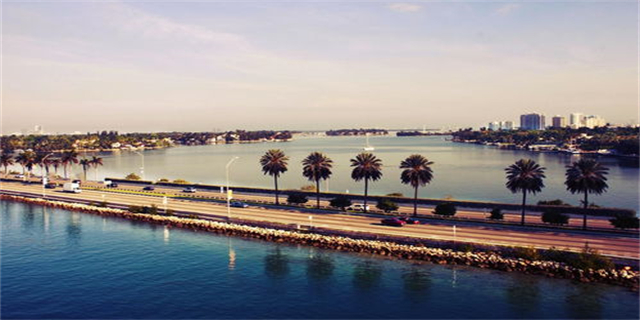lesmiserables(Les Misérables A Timeless Tale of Hope and Redemption)

Les Misérables: A Timeless Tale of Hope and Redemption
Introduction
Les Misérables, written by Victor Hugo, is a timeless masterpiece that has captivated readers for generations. This iconic novel tells the gripping story of love, sacrifice, and redemption set against the backdrop of a politically tumultuous 19th century France. Through its compelling narrative and richly developed characters, Les Misérables continues to resonate with audiences worldwide and remains a testament to the human spirit.
The Pursuit of Justice and the Battle of Good vs. Evil

In the heart of Les Misérables lies a profound exploration of justice, morality, and the battle between good and evil. As the protagonist, Jean Valjean, embarks on his journey of redemption, he is constantly confronted with the contrasting forces of good and evil. From the relentless pursuit of the law represented by Inspector Javert to the unwavering compassion shown by characters such as Bishop Myriel, the novel delves deep into the complexities of human nature.
Through this exploration, Les Misérables poses thought-provoking questions about the nature of justice and the potential for redemption. Can a person truly change? Is true justice solely determined by the legal system or by the inner conscience of an individual? These questions challenge us to reflect on our own beliefs and perceptions of good and evil and highlight the universal struggle for righteousness in an unjust world.

Love Conquers All: A Tale of Romantic and Filial Love
At its core, Les Misérables is a story about love in its various forms. From the romantic love between Cosette and Marius to the filial love between Jean Valjean and Cosette, the novel weaves a complex tapestry of relationships that demonstrate the transformative power of love.

Through the characters' journeys, Les Misérables shows how love can transcend societal barriers, heal wounds, and inspire individuals to rise above their circumstances. From the selfless sacrifice of Fantine for her daughter Cosette to the unwavering devotion of Jean Valjean towards the betterment of others, the novel celebrates the inherent goodness within humanity and the capacity for love to bring about redemption and happiness.
A Reflection on Society and the Human Condition
Les Misérables also serves as a reflection on the social and political conditions of 19th century France. Through vivid descriptions and compelling storytelling, Victor Hugo paints a vivid picture of a society plagued by poverty, inequality, and political unrest. The struggles faced by the characters, such as the plight of the working class and the harsh realities of the criminal justice system, resonate with the injustices still prevalent in modern society.
Furthermore, Les Misérables provokes contemplation on the universal experiences of the human condition. The themes of loss, redemption, and the search for meaning in life are poignantly depicted throughout the novel, inviting readers to reflect on their own existence and purpose. Through the lens of the characters' journeys, we are compelled to confront our own struggles, hopes, and desire for a better world.
Conclusion
Les Misérables stands as a testament to the timeless power of literature to illuminate the human experience. Its exploration of justice, love, and societal issues continues to captivate readers and ignite discussions. Through the words of Victor Hugo, we are reminded of the indomitable spirit of the human soul and the enduring pursuit of hope and redemption. Les Misérables is not just a novel; it is an invitation to contemplate our own capacity for change, love, and compassion in an ever-changing world.











